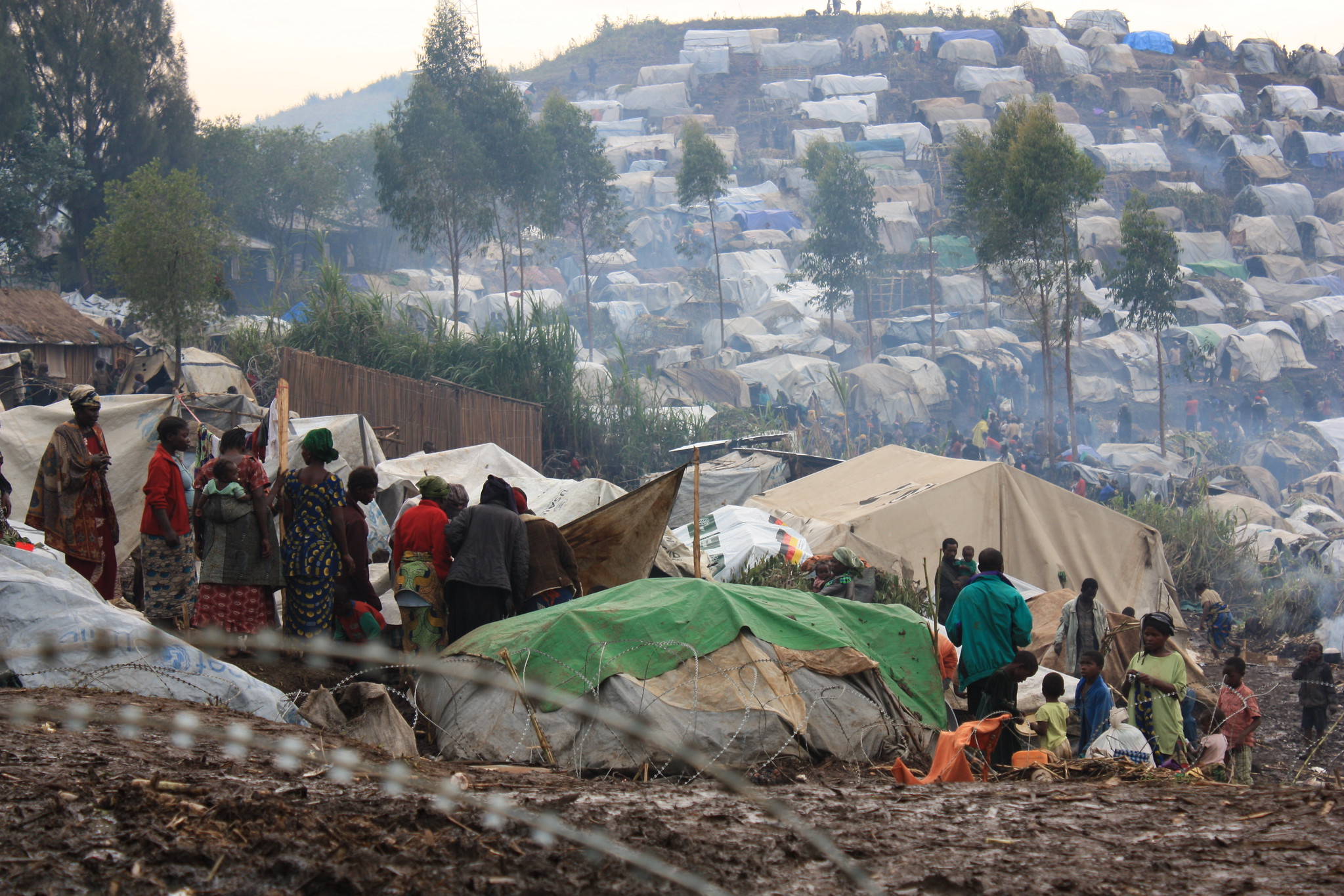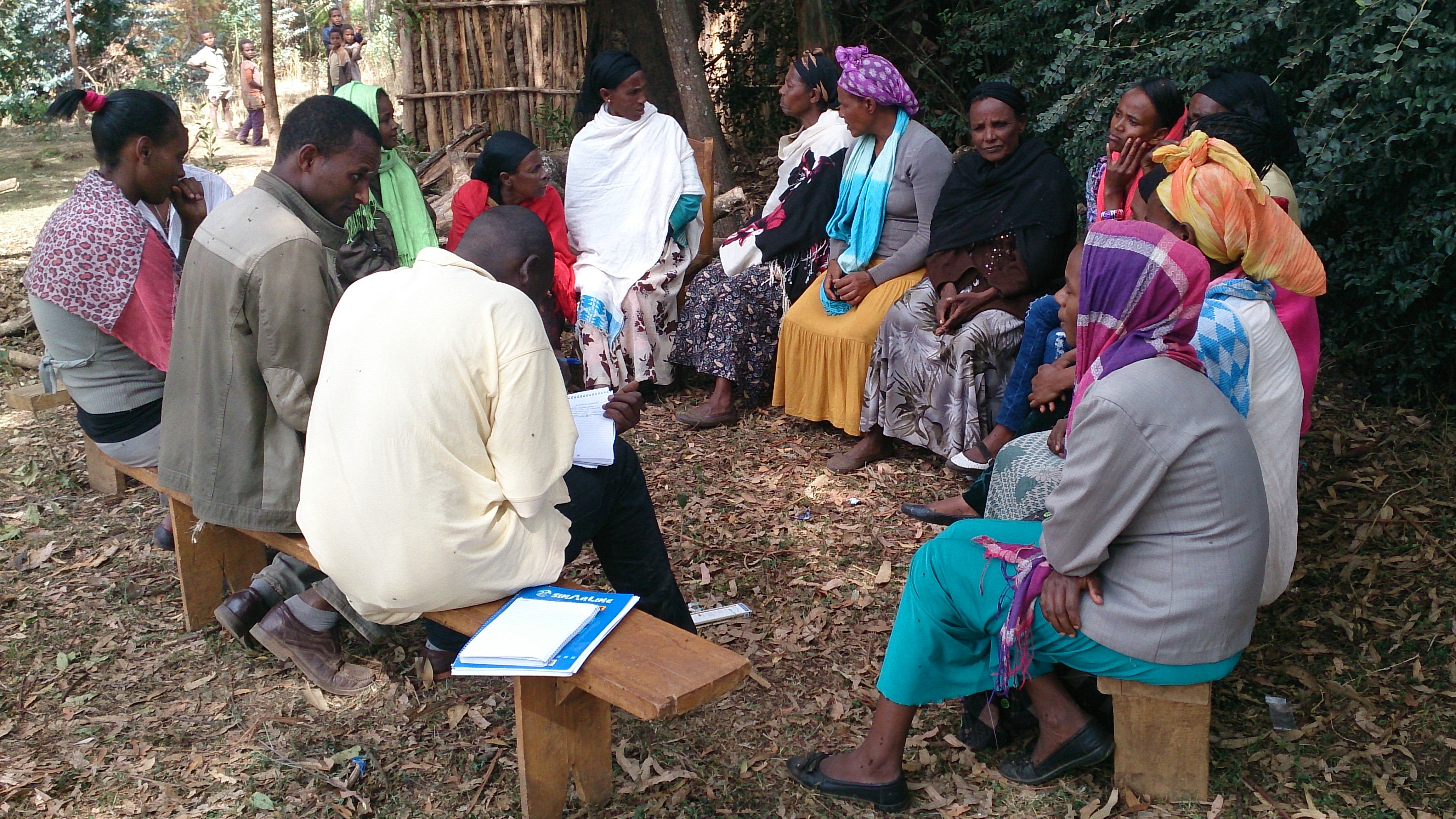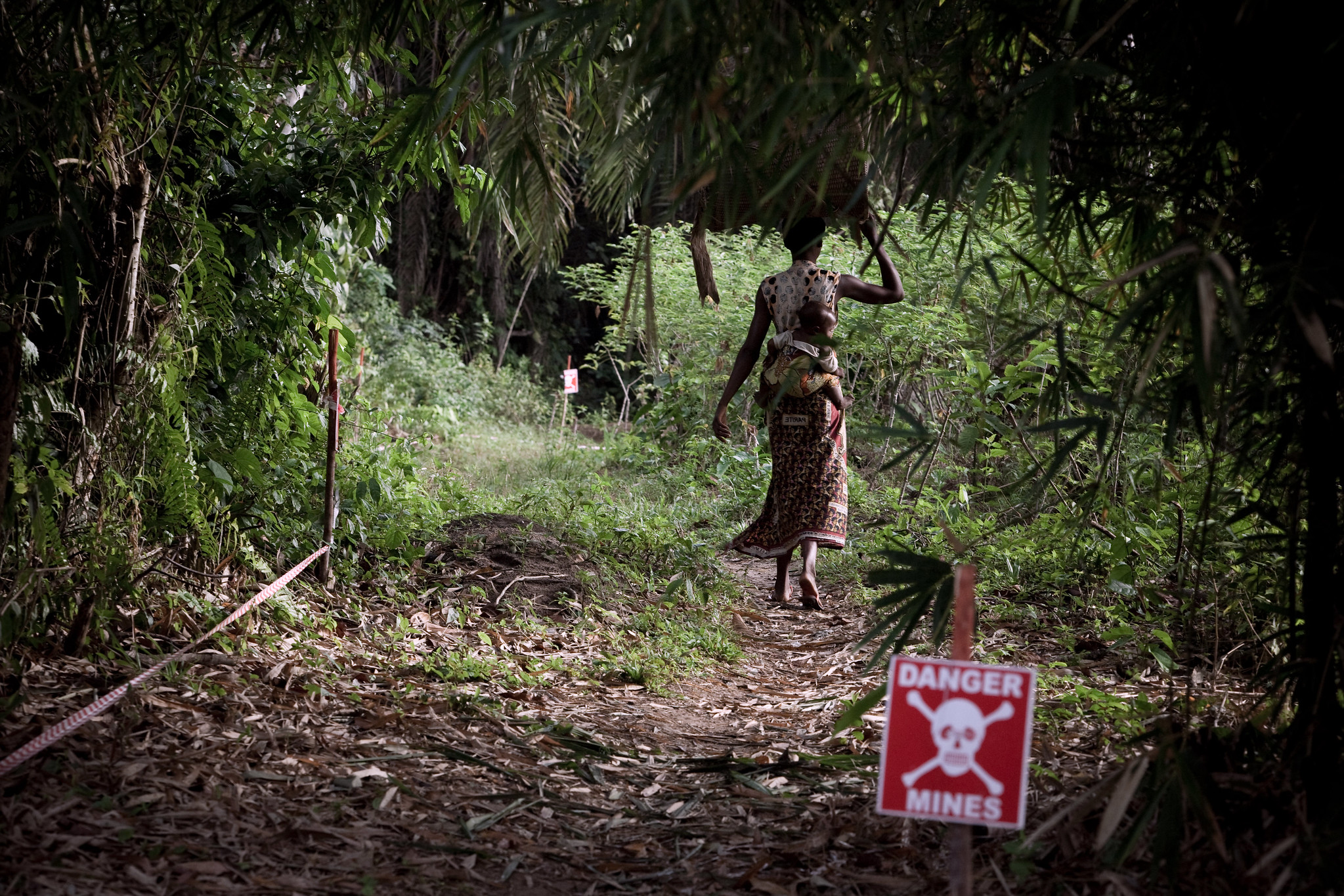Focus groups are a popular qualitative technique among researchers, but group dynamics related to social and contextual factors create challenges for collecting and interpreting data, especially when a project leader is working in unfamiliar contexts. For research conducted by the global North within the global South, qualitative methods may often be used inappropriately or in inappropriate circumstances, and using local researchers in project design in addition to data collection is crucial to the production of quality findings.
This post was produced as part of the ‘Bukavu Series’, a series of blogs highlighting the violence that persists in the process of academic knowledge production.
One qualitative technique popular among researchers is the use of focus groups. But this technique is also subject to several challenges connected with group dynamics, contextual factors that may influence interactions, the sociological profiles of the target group’s members, the social setting and the societal issues under examination, as well as the power relations between actors at the local level. It is therefore crucial to be able to read the discourse that unfolds between group participants beyond their spoken words. One must pay a lot of attention to anecdotes and paralinguistic cues.
Yet these aspects of methodology are rarely taken into account in the field – not necessarily because the project leader or funder is uninformed, but simply because they aren’t sufficiently familiar with the local context. It seems at times that project leaders impose certain methods and techniques upon local researchers just to show that they have met sampling criteria, rather than to truly gather serious information. Local researchers are then obliged to adopt these methods in order to satisfy their project leaders or funders.
This problem can arise because, in many research projects, local researchers are often seen as implementers and not really as partners. Project leaders design their studies upstream, often without soliciting the opinions of the local researchers they will be working with in the field. At best, local researchers are asked for security information or contacts, or else they are entrusted with logistical tasks or with establishing connections in the field. At worst, they are contacted practically on the eve of the study to be asked if they want to participate. But we often ignore the fact that viewing local researchers as mere implementers can have a negative impact on the quality of data we receive.
Here I illustrate from my own experiences with focus groups, which failed to provide quality data for the simple reason that the project manager, or researcher from the Global North, didn’t involve us in reflections on the methodology.
In several of the studies I have worked on, the project leader or funder has insisted on organising focus group discussions. Due to a lack of resources, the number of days in the field was often limited in relation to the number of focus groups planned. This being the case, it was necessary to improvise and try to convince the people present to participate in group interviews. The participants were neither informed of the study in advance nor selected along the lines of the study’s pre-established criteria. As a result, a handful of participants or a single actor monopolised the interviews. In some cases, the less talkative participants just sat there, silently blinking at us. Others furrowed their brows or held their hands up by their cheeks with one finger extended, waiting for a chance to speak.
Further, the presence of a local chief also affected responses. Out of fear or respect for the chief’s authority, or sometimes to safeguard their private interests, throughout many discussions participants responded to questions only with: ‘The chief has said everything…’ Despite efforts to balance out the debate, others began their comments with: ‘As the chief was saying…’
In addition, some participants used certain coded language among themselves. In order to respectfully contest their chief’s ideas, participants tended to answer in proverbs. Such was the case of one Burhinyi elder when the chief ordered him to provide additional input to the discussion. He replied, ‘One can’t say everything, chief, but you have said the essential things.’ One woman in a couples’ focus group about family planning answered our questions with, ‘In Bushi, two people do not speak,’ which meant, ‘my husband’s ideas suffice; I can’t contradict him.’
These examples show that applying qualitative methods (such as focus groups) without mastering the local context or taking subtle signals into account is problematic at the level of basic methodological principles.
Silences, body language, paralinguistic cues – all of these are data whose meaning the researcher must interpret. These ‘metadata’ reveal plenty of interesting information that ought to be incorporated. Often, it isn’t easy for a foreign researcher to read and decode these kinds of data. The research assistant is better equipped to interpret participants’ subtle signals: their small gestures, their silences, their frustration, their little signs, etc. All of these elements reveal plenty of important information that should be used in analyses of the data.
Nevertheless, project leaders and funders rarely recognise research assistants’ potential in this area. Often, assistants are pushed merely to collect and transcribe participants’ words, without being encouraged to report metadata. At the same time, project leaders often deploy research assistants as simple ‘data collection robots’, without first involving them in methodological reflections or giving them the space to provide valuable orientation for their foreign counterparts. Thus research assistants have little room for manoeuvre in which to develop their analyses of the metadata, for example through deeper one-on-one interviews with individuals from focus groups.
In short, qualitative methods and techniques are often used in inappropriate circumstances. A profound and subtle analysis of the contextual and social dynamics in the research setting is crucial to the proper application of these methods and techniques, and to the collection of quality data. These dynamics are often observable not only in peoples’ speech, but also in the metadata that participants reveal (their silences, body language, gestures). When it comes to grasping and interpreting this sort of data, the research assistant has a genuine advantage, compared to foreign researchers. Hence the need to involve research assistants upstream in the process as project partners. And this need to engage the local researcher as a project partner goes beyond just methodological considerations. It also applies to the construction of project goals and data analysis.
This post was translated by Sara Weschler and first appeared on the Governance in Conflict blog hosted by Ghent University, with funding from the LSE Centre for Public Authority and International Development.
Photo by RF.studio from Pexels.





